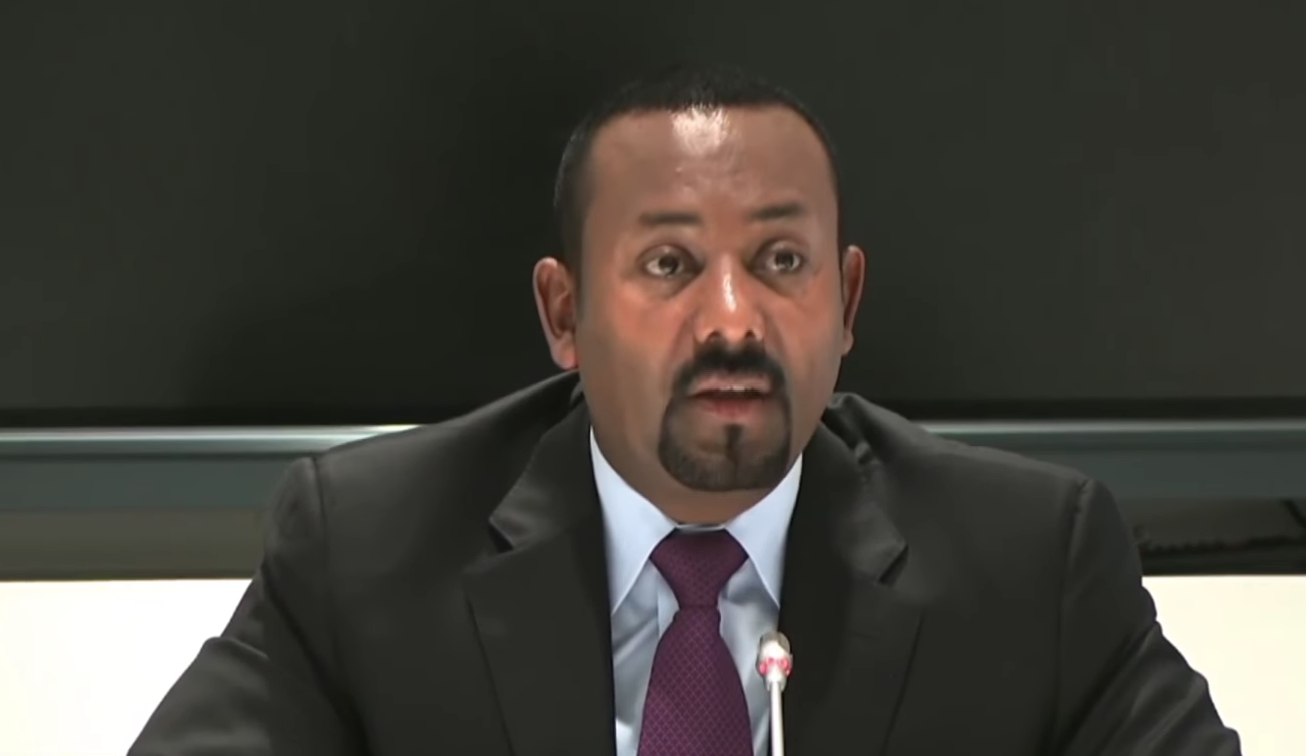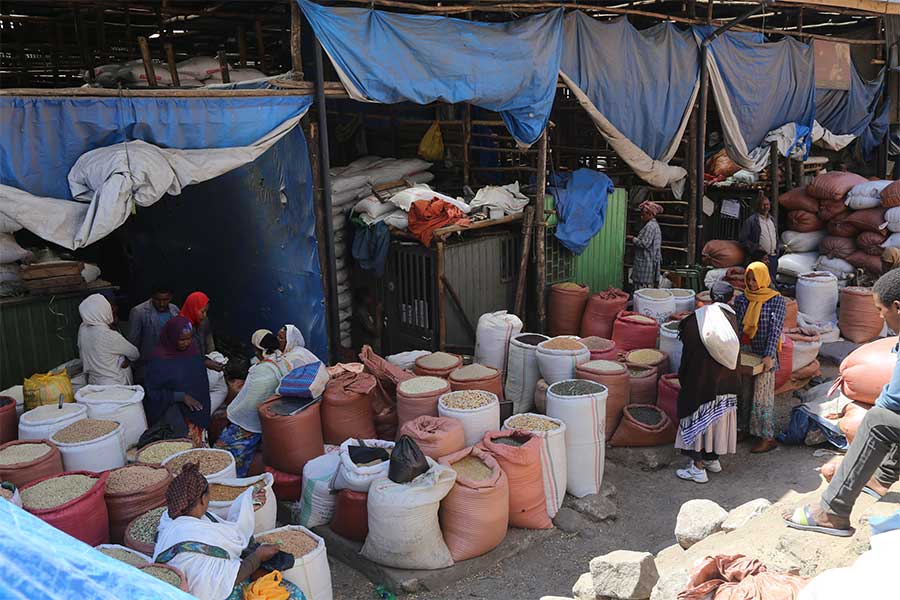
Mar 25 , 2023
By Bjorn Lomborg
The infectious disease that killed the most people last year is one we have heard almost nothing about: tuberculosis. In 2022, it likely claimed 1.4 million lives, more than the total toll of COVID. And yet, in rich countries - where virtually nobody dies from tuberculosis any longer - attention has moved on.
Even in developing countries, where the wealthier can afford treatment, it is often the poorest, most disconnected and disadvantaged that suffer from this disease.
The world has long promised to do better. As part of the UN's global goals, known as the Sustainable Development Goals (SDGs), all nations promised to fix almost every global problem by 2030, including tuberculosis. That is not going to happen. With tuberculosis, we will be decades late.
Indeed, we are failing on almost all the world's promises. Based on current trends, the world will be half a century late delivering on all its promises. The reason is apparent: politicians made impossible promises. Having 169 priorities is indistinguishable from having none.
Crucial targets on nutrition, education, and tuberculosis are put alongside much more peripheral promises like boosting recycling, more urban parks, and promoting lifestyles in harmony with nature.
The world will be at halftime for its promises this year, yet it will be nowhere near halfway. It is time to identify and prioritize the most crucial goals. With several Nobel laureates and more than 100 leading economists, the Copenhagen Consensus, a think tank, has worked for years to identify where each Birr can do the best.
A new, peer-reviewed study shows that a dramatic reduction in tuberculosis is possible and one of the most effective priorities leading up to 2030.
Almost a quarter of all people in the world carry tuberculosis bacteria. Even in prosperous Europe and the United States, every 10th person has it. It would not develop into disease for most well-off, well-nourished people, but it is a risk for the less fortunate.
Tuberculosis is a disease of hunger and poverty.
Each year, more than 10 million people develop tuberculosis. Because of a lack of resources, in 2021, only about six million cases were diagnosed, of which more than 100,000 were in Ethiopia. Almost half of the untreated people would die. Those who do not die would continue to spread the infection - on average, actively infected people can transmit it to five to 15 others through close contact over a year.
Those who are diagnosed and offered treatment are in for a rough time. They must take medication for as long as six months. Because the medication clears the immediate tuberculosis symptoms like fevers and weight loss in a couple of weeks, many will drop out of treatment too early.
When people stop treatment too early, it increases the chance that the disease can be passed on to others. It also makes the surviving tuberculosis bacteria more likely to develop drug resistance. The subsequent treatment could require 18-24 months and would be much costlier.
We can do much better. It is possible to diagnose many more people and ensure most TB patients stay on their medication.
Our new study shows this can be achieved for an additional 6.2 billion dollars annually. It is less than what the world has already promised - in 2018, the UN pledged to increase funding by about seven billion to eight billion dollars annually by 2022. Disappointingly, spending since 2018 has declined.
The additional funding can deliver diagnosis, care, and prevention that achieve the world's tuberculosis promises. It would ensure that at least 95pc of people with tuberculosis will be diagnosed. It can provide simple ways to ensure people complete their six months of medication - perhaps with incentives to complete the treatment, such as food, clothing, juice boxes, or gift cards, or through support groups for patients to encourage each other.
These days, mobile apps can also help.
The extra resources would mean that high-risk, vulnerable populations can access periodic screening. Over the coming decades, 50 million people will access appropriate treatment, and 35 million people will have access to preventive treatment.
This will dramatically reduce tuberculosis deaths by 90pc. It will essentially wipe out tuberculosis, as we should have done decades ago. Up to mid-century, the additional resources will allow us to avoid an astounding 27 million deaths and untold human suffering. The total economic benefits, mainly from avoided deaths, would reach three trillion dollars. Each dollar spent will generate 46 dollars of social benefits for the world.
Global dithering has allowed tuberculosis to become the biggest infectious killer. Ending TB is one of the world's most effective policies. We have promised way too much, but tackling tuberculosis is one of the few most effective policies we must carry through.
PUBLISHED ON
Mar 25,2023 [ VOL
23 , NO
1195]


Covid-19 | Sep 04,2021

My Opinion | Apr 30,2021

Sunday with Eden | Apr 13,2019

Featured | Nov 21,2020

Commentaries | Jul 13,2020

Fortune News | Mar 16,2020

Viewpoints | Dec 26,2020

Viewpoints | Jan 16,2021

Sunday with Eden | May 18,2019

Agenda | Dec 28,2019

My Opinion | 131673 Views | Aug 14,2021

My Opinion | 128039 Views | Aug 21,2021

My Opinion | 126001 Views | Sep 10,2021

My Opinion | 123622 Views | Aug 07,2021

Dec 22 , 2024 . By TIZITA SHEWAFERAW
Charged with transforming colossal state-owned enterprises into modern and competitiv...

Aug 18 , 2024 . By AKSAH ITALO
Although predictable Yonas Zerihun's job in the ride-hailing service is not immune to...

Jul 28 , 2024 . By TIZITA SHEWAFERAW
Unhabitual, perhaps too many, Samuel Gebreyohannes, 38, used to occasionally enjoy a couple of beers at breakfast. However, he recently swit...

Jul 13 , 2024 . By AKSAH ITALO
Investors who rely on tractors, trucks, and field vehicles for commuting, transporting commodities, and f...

Jun 28 , 2025
Meseret Damtie, the assertive auditor general, has never been shy about naming names...

Jun 21 , 2025
A well-worn adage says, “Budget is not destiny, but it is direction.” Examining t...

Jun 14 , 2025
Yet again, the Horn of Africa is bracing for trouble. A region already frayed by wars...

Jun 7 , 2025
Few promises shine brighter in Addis Abeba than the pledge of a roof for every family...

Jun 29 , 2025
Addis Abeba's first rains have coincided with a sweeping rise in private school tuition, prompting the city's education...

Jun 29 , 2025 . By BEZAWIT HULUAGER
Central Bank Governor Mamo Mihretu claimed a bold reconfiguration of monetary policy...

Jun 29 , 2025 . By BEZAWIT HULUAGER
The federal government is betting on a sweeping overhaul of the driver licensing regi...

Jun 29 , 2025 . By NAHOM AYELE
Gadaa Bank has listed 1.2 million shares on the Ethiopian Securities Exchange (ESX),...